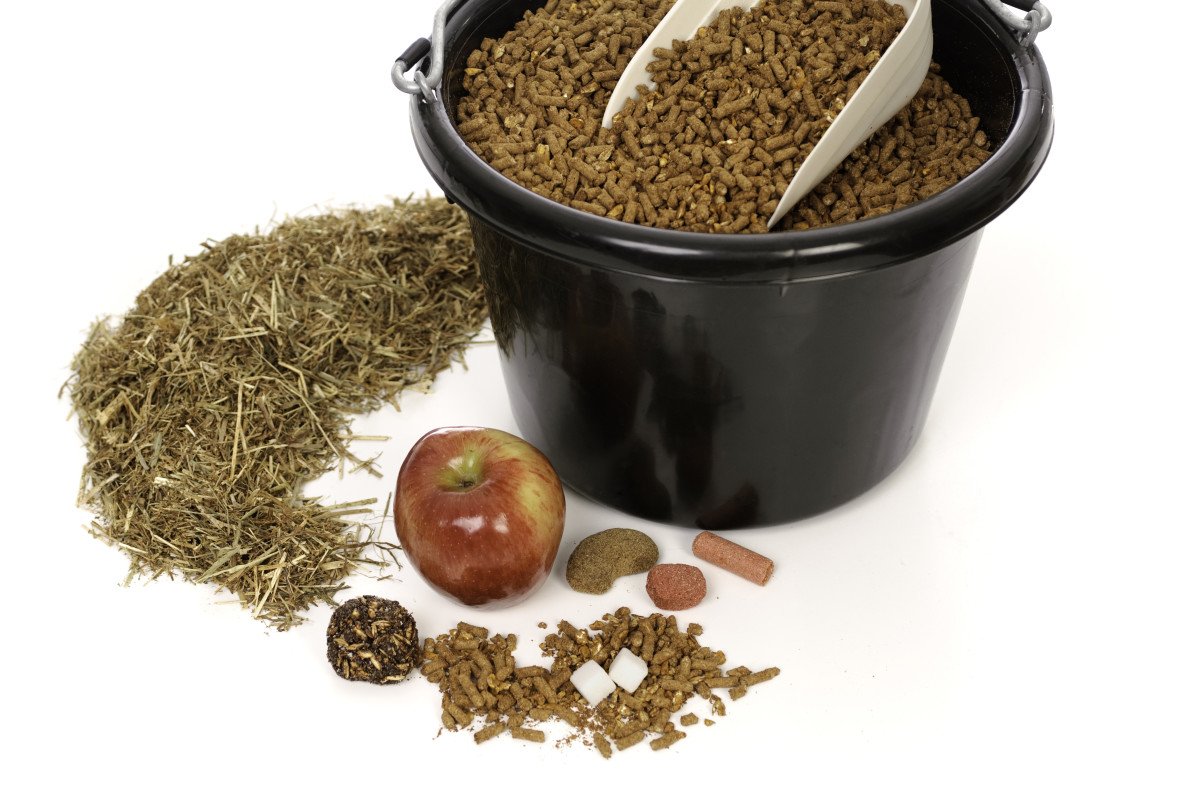Types of horse feed

Horse feed, also called horse feedstuffs or horse feed rations, refers to the various kinds of meals and dietary supplements provided to horses to fulfill their dietary necessities. The type and quantity of horse feed depend on components such because the horse's age, measurement, breed, exercise stage, health situation, and the standard of forage out there.
Here are some widespread kinds of horse feed:
Forage: The foundation of a horse's food regimen is forage, which includes hay and pasture grass. Hay is dried grass or legumes that present essential fiber, carbohydrates, and some nutrients. Pasture grazing permits horses to consume contemporary grass, which is a pure part of their food regimen.
Concentrates: Concentrates are supplementary feeds that present larger ranges of vitality, protein, vitamins, and minerals. https://animalfeedsstaffordshire.co.uk/best-horse-feed-staffordshire/ are usually fed to horses with larger energy requirements or these in training or performance activities. Common concentrates embody:
Grain Mixes: These are commercially ready mixes of grains, such as oats, barley, corn, and other grains, combined with added nutritional vitamins and minerals.
Pelleted Feeds: Pelleted feeds are processed and compressed into pellets, making certain a constant nutrient content in every chunk.
Sweet Feeds: Sweet feeds are grain mixes with added molasses for palatability and energy.
Supplements: Some horses may require additional supplements to meet particular nutritional wants. Common supplements include vitamins, minerals, electrolytes, and joint help products.
Treats: Occasionally, horse owners could present treats, such as apples, carrots, or business horse treats, as rewards or for enrichment. However, treats should be given sparsely to avoid overfeeding.
When deciding on horse feed, it's essential to assume about the following:
Quality: Choose high-quality hay, pasture, and concentrates to ensure the horse receives the mandatory vitamins.
Balance: Ensure the horse's food plan is balanced, assembly their particular nutritional necessities based on age, activity degree, and health standing.

Feeding Schedule: Establish a consistent feeding schedule to assist keep a healthy digestive system and prevent digestive upset.
Water: Always present fresh, clear water to horses, as water is crucial for their well-being and aids in digestion.
Consult with a Veterinarian or Equine Nutritionist: If you are not sure about the acceptable feed on your horse or in case your horse has specific dietary needs or health issues, seek the assistance of with a veterinarian or equine nutritionist for skilled recommendation.
Remember that each horse is exclusive, and their dietary needs may vary. A tailored feeding plan based on individual necessities will help guarantee your horse stays wholesome and performs at their greatest..
